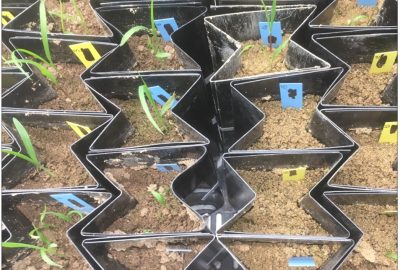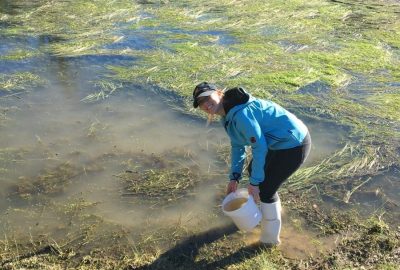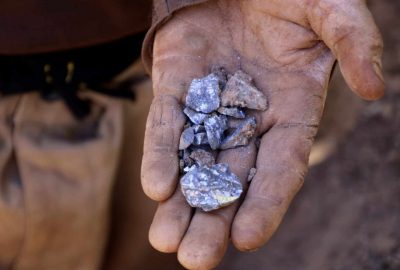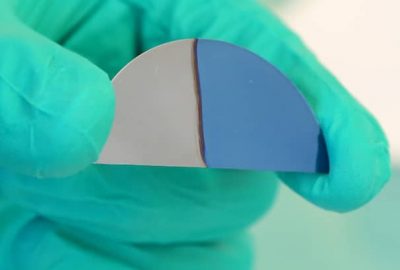Sustainable Environment
The team Sustainable Environment addresses the impact of human activities (industry, agriculture, etc.) on our environment (water, soil, atmosphere), with the sustainable preservation of continental resources being a major scientific challenge for the decades to come.
Whatever the system studied (soil, water, biota, materials), the team shares the objective of a multi-scale systems approach to understanding the biophysical-chemical processes and reaction mechanisms that control the emission, transfer, accumulation and impact of elements in the critical zone, and that enable the development of advanced materials and processes to serve the environment. In particular, it focuses its research on the dissemination and impact of emerging metals and pollutants, the dynamics and reactivity of natural and man-made nanoparticles, the chronic degradation of soil and water in relation to their use, the recovery and treatment of waste and water, and the optimisation of recovery processes.
The team uses multi-scale approaches in space and time, as well as combined skills in mineralogy, pedology, isotope geochemistry, micro-spectroscopy, imaging, physical chemistry and process engineering.
It has a unique range of analytical tools and environmental exposure devices, such as the Elemental chemistry (LA-ICP-MS)platform, the2D and 3D X-ray imaging (MATRIX)laboratory, the Characterisation of Colloidslaboratory, the Soil Preparation and Analysis and the Centre for Innovation and Research in Environment and Eco-technologies (CIRENE) which brings together, within a technology hall located on the Arbois site, experimental devices, pilot and semi-pilot scale prototypes and instrumental developments.
The team contributes to education at the levels of Bachelor, Licence and Master.





